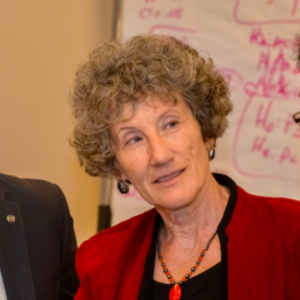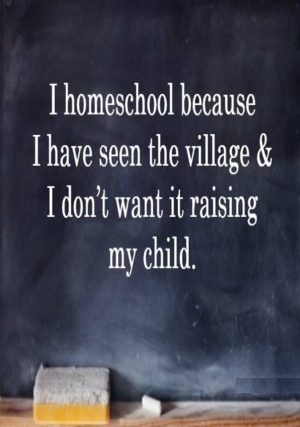
State Sen. Jeanne Dietsch (D-Peterborough)
Working-class parents without college degrees aren’t capable of overseeing their own children’s education, according to comments State Sen. Jeanne Dietsch (D-Peterborough) made during a House Education Committee hearing on Tuesday.
Dietsch was speaking on behalf of a Senate bill that would repeal a law allowing the state Board of Education to create an alternative program for granting graduation credits, which became Learn Everywhere.
“This idea of parental choice, that’s great if the parent is well-educated. There are some families that’s perfect for. But to make it available to everyone? No. I think you’re asking for a huge amount of trouble,” Dietsch said.
“Is it your belief that only well-educated parents can make proper decisions for what’s in the best interest of their children?” asked a dumbfounded Rep. Glenn Cordelli (R-Tuftonboro).
Rather than saying “no,” Dietsch instead repeated her view that parents without college degrees are less capable of overseeing their children’s education.
“In a democracy, and particularly in the United States, public education has been the means for people to move up to greater opportunities, for each generation to be able to succeed more than their parents have. My father didn’t graduate from high school, so it was really important that I went to college,” Dietsch said.
‘When it gets into the details, would my father have known what courses I should be taking? I don’t think so.”
When committee vice-chairman David Luneau tried to inject that Dietsch was not, in fact, saying parents without college were less fit to oversee their children’s education, Dietsch interrupted to reaffirm her position.
“If the dad’s a carpenter, and you want to become a carpenter, then yes — listen to your dad.”
One person less than impressed by the senator’s comments is Tim Hawes, owner of Perfection In Restoration in Candia, N.H.
“With all due respect to the senator, I am a carpenter, and the idea that she, or any other government official, knows what’s best for me or any member of my family is preposterous,” he told NHJournal. “The senator says she would be for allowing well-educated parents to choose, but that choice wouldn’t be for ‘everyone?’ I would ask the senator what her definition of well-educated is?
“I may not have a degree, but I can guarantee that when it comes to decisions regarding my family’s interest I am far more educated and capable than any government official will ever be,” Hawes said.
Bert Durand, communications director for the North Atlantic States Regional Council of Carpenters, also took issue with Dietsch’s views.
“We’d suggest that anyone who really does think carpenters and well-educated people belong in different categories hasn’t tried to build anything more complicated than a birdhouse or found their way around a job with a set of prints,” he told NHJournal.
 “We think Senator Dietsch simply misspoke. While it’s true that most New Hampshire parents are not education policy wonks, we’re sure she’d agree that carpenters are ultimately as capable as any other New Hampshire parents of understanding what’s necessary to make decisions on their children’s education,” Durand said.
“We think Senator Dietsch simply misspoke. While it’s true that most New Hampshire parents are not education policy wonks, we’re sure she’d agree that carpenters are ultimately as capable as any other New Hampshire parents of understanding what’s necessary to make decisions on their children’s education,” Durand said.
Dietsch’s elitist argument comes at a time when her party is struggling to bring working-class voters back into the fold.
Enough of them abandoned the Democrats in 2016 to hand Donald Trump an improbable win, picking up traditional trade union strongholds like Michigan, Pennsylvania and Wisconsin. She also bolsters the belief that Democratic opposition to education choice is based in a dismissive attitude toward average Americans.
Asked for a comment, N.H. Commissioner of Education Frank Edelblut said: “I believe all New Hampshire parents want the best education possible for their children, and should be empowered with choice and options to make that possible.”
Written by Michael Graham for New Hampshire Inside Sources ~ June 11, 2020
